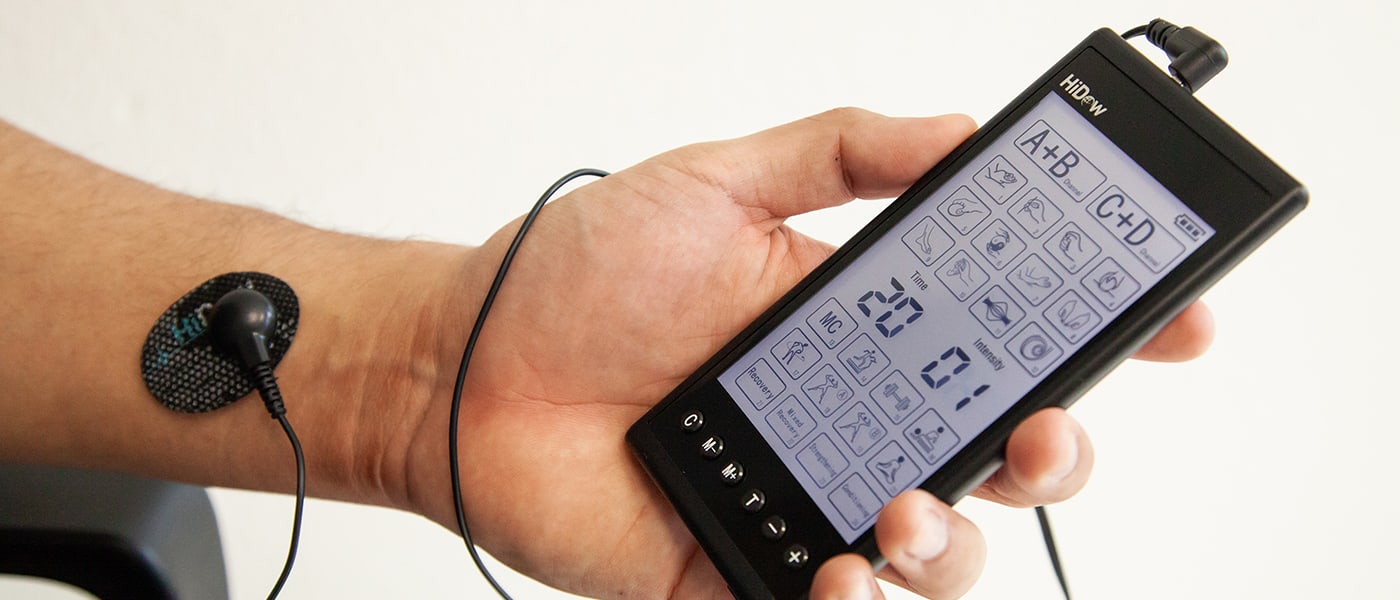There is no definitive answer to this question. Some people find that TENS/EMS units provide relief from pain, while others do not find them helpful. If you are considering using a TENS/EMS unit, talk to your doctor first to see if it is the right treatment.
There are a few things to remember when using a TENS/EMS unit. First, always follow the instructions provided by the manufacturer. Second, start with low levels and increase them gradually as needed. Finally, be careful not to use the unit for too long or at too high a dose, as this can cause adverse effects.
What is a TENS/EMS Unit?
A TENS/EMS unit is a device that sends electrical impulses to the muscles. This can help relieve pain, improve muscle function, and promote relaxation. TENS stands for “transcutaneous electrical nerve stimulation,” while EMS stands for “electrical muscle stimulation.”
There are a few different types of TENS/EMS units available. Some units are handheld, while others are wearable. Units can be used on the body and muscles.
How Does a TENS/EMS Unit Work?
TENS/EMS units work by sending electrical impulses to the muscles. This helps to block pain signals from the brain and can improve muscle function. The electrical impulses can also help to promote relaxation and reduce stress.
Who Can Benefit from a TENS/EMS Unit?
Anyone can potentially benefit from using a TENS/EMS unit, but some groups of people may experience greater benefits. For example, pregnant women or those who have recently given birth may find that using a TENS/EMS unit helps to relieve pain in the abdominal and pelvic regions. Additionally, older adults may find that TENS/EMS units help to improve flexibility and reduce the risk of falls. Finally, athletes and other active people can use TENS/EMS units to speed up recovery after an injury.
What are the Adverse Effects of a TENS/EMS Unit?
Adverse effects of a TENS/EMS unit can include skin irritation, pain, nausea, and vomiting. It is important to start with low levels and increase them gradually as needed to avoid these adverse effects. Additionally, it is important to not use the unit for too long or at too high a dose, as this can cause further problems.
It is important to talk to your doctor before using a TENS/EMS unit to make sure it is the right treatment for you. If you experience any adverse effects while using the unit, stop using it and consult your doctor.
Trying a TENS/EMS Unit
If you do decide to try a TENS/EMS unit, here are a few of the most common uses:
- -To relieve pain: TENS units can target specific areas of pain. EMS units can help improve muscle tone and strength.
- -To improve circulation: TENS units can help improve blood flow and circulation. This can be helpful for people with conditions like diabetes or peripheral artery disease.
- -To improve relaxation: Some people find that using a TENS unit for relaxation can help them to relax and fall asleep more easily.
- -To improve nerve function: Some people with conditions like multiple sclerosis or cerebral palsy find that using a TENS unit helps to improve nerve function.
As with any treatment, it is important to consult your doctor before using a TENS/EMS unit. They can help you determine if this is the right treatment for you and how to use it safely and effectively.

Related Stories
When Courage Takes Flight: Lessons From a Women’s Skydiving Record Attempt
Photo by Taylor Buffington (T-Buff) We went to Eloy, Arizona on a mission — to...
Nov
Sciatica: 1, LeBron: 0 (For Now)
File photo: LeBron James #6 of the Los Angeles Lakers. (Photo: Thearon W. Henderson /...
Oct
Pickleball vs. Tennis: The Science of Recovery
For years, tennis was the stand-in for movement: endurance, coordination, and power all at once....
Oct
5 Ways to Support Bone Strength with HiDow
World Osteoporosis Day (October 20) October 20 is World Osteoporosis Day, and chances are, you’ve...
Oct
FDA-Cleared Is a Flex. Here’s Why.
Pulling Back the Curtain You’ve seen it on boxes, on websites, in ads: FDA-cleared. It...
Sep
This Is Fibro. This Is Larry.
September is Pain Awareness Month. And we’re not here to give you medical definitions or...
Sep